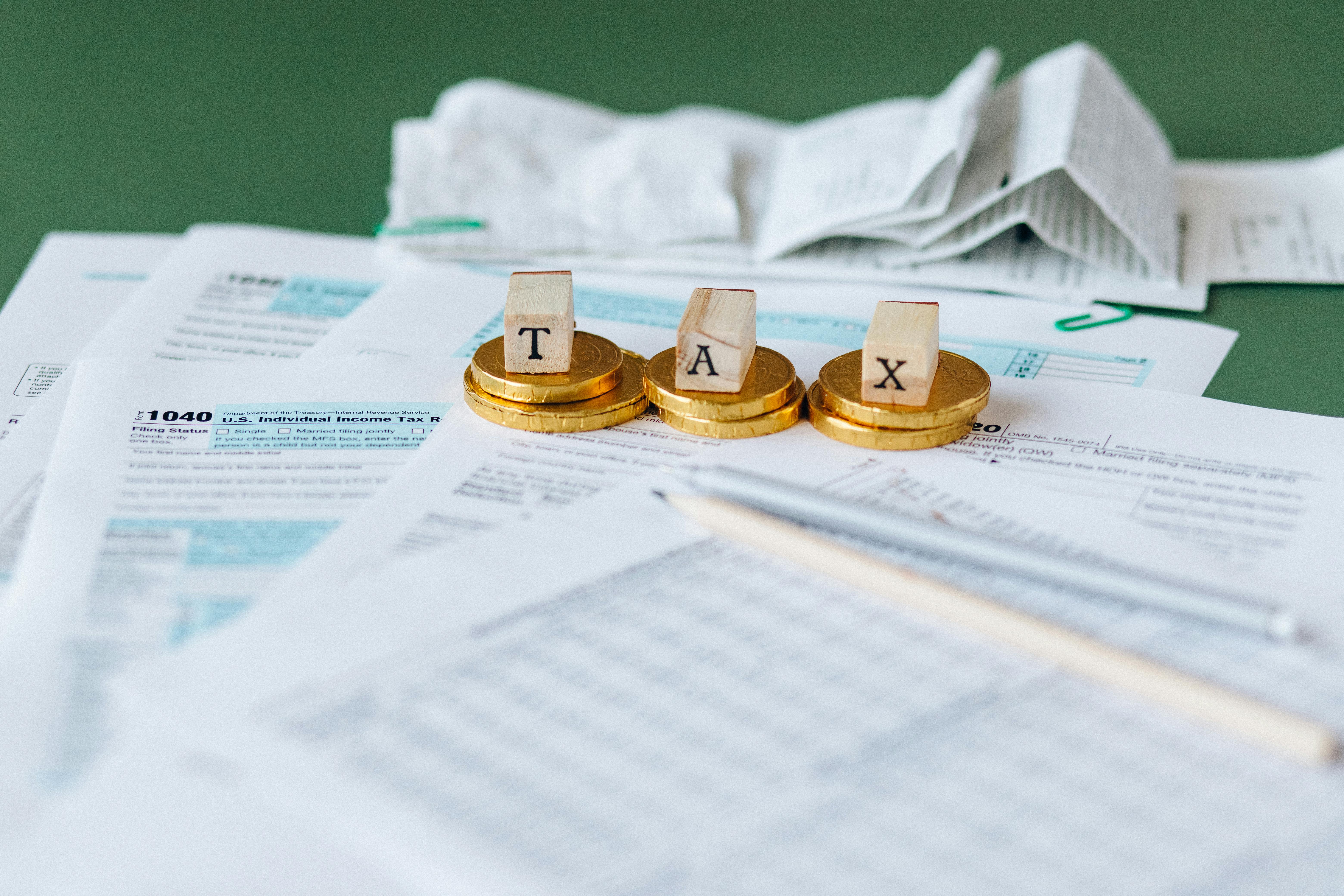
The thresholds for VAT registration and deregistration have remained static for the last 7 years, however an increase in the thresholds was announced in the Spring Budget.
The new registration threshold is now £90,000, increased from £85,000. The deregistration threshold has also increased to £88,000 (from £83,000).
VAT registration becomes compulsory if by the end of any month, your business’s VAT taxable turnover for the previous 12 months goes above the threshold. This needs to be looked at on a rolling monthly basis, and not just at your accounting year end.
It is possible to apply for a registration ‘exception’ if you believe that you are only temporarily going above the threshold, for instance, because of winning a large one-off project. Provided you can show evidence as to why your turnover will be below the deregistration threshold in the next 12 months then HM Revenue and Customs are willing to consider making an exception.
In view of the rate of inflation since the thresholds were last revised, the latest increase seems to be a token gesture. However, it may help you to stay out of VAT and the administrative work that it brings with it.

With just 10 weeks or so to go until the new tax year, many businesses are preparing for the changes that Making Tax Digital (MTD) will bring. From April, sole traders and landlords with an income of over £50,000 will need to submit quarterly updates to HMRC.

If you are new to being self-employed or being a landlord, Self Assessment can feel like one of those jobs you know you should understand better, but never quite get around to.
